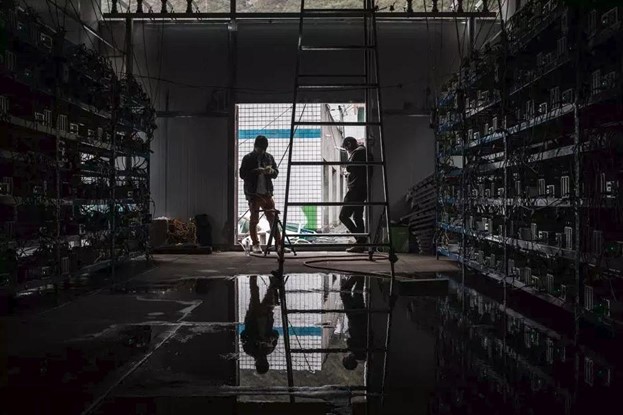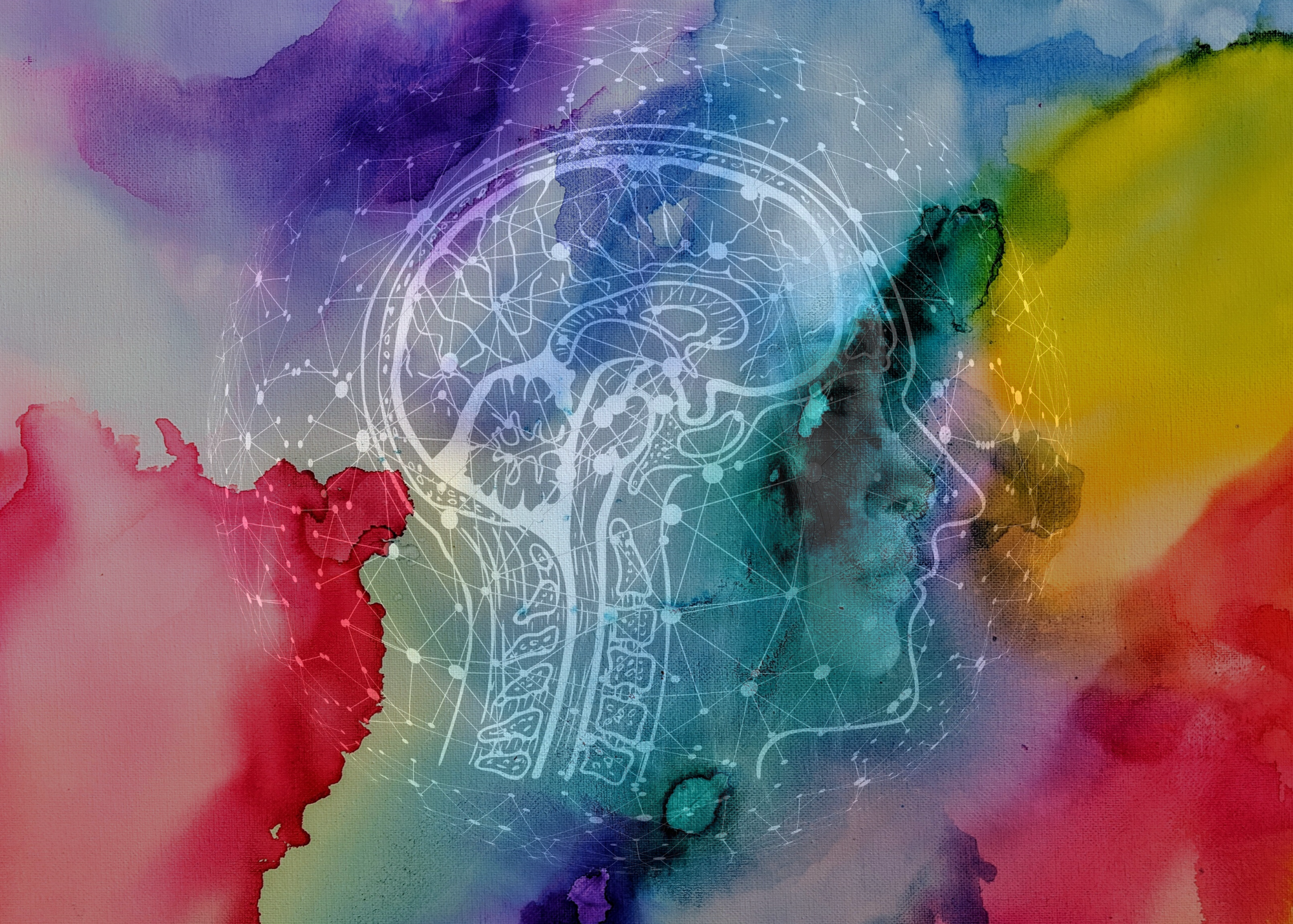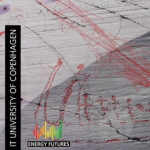Technologies in Practice is one of Scandinavia’s leading research groups at the intersection of IT and society. Based at the IT University of Copenhagen, we conduct qualitative studies of technologically mediated practices in organisations and everyday life.
The vast majority of societal challenges demand critical engagement with contemporary technologies.
Our interdisciplinary environment provides students and researchers with the resources necessary for analysing entanglements of the social and technical with and through IT.
News
EnergyScapes: Making Air, Land, and Sea Environments
Half Day Seminar (Registration Required) 23 September 2015 8:45 – 12.30 Room 3A08 at ITU How does navigating through an environment shape the environment and, in turn, how does the environment ‘kick back’ to shape people, technologies, and energy? This event will explore how different sociotechnical environments, from the military and their drone aircraft in […]
Geoffrey Bowker will be visiting IT University of Copenhagen, Denmark Feb-June 2016
Professor Geoffrey Bowker, University of California, Irvine will be Velux Visiting Professor at the IT University of Copenhagen, Technologies in Practice research group between February and June 2016. Bowker’s research is particular dedicated to investigate the use of web and other digital resources across a set of disciplines. He works with scholars to uncover ways […]
TiP on Twitter
Tweets by @TiP_ituResearch
We are an interdisciplinary group, with a shared interest in qualitative studies of technologically mediated practices. Our work is funded by the Danish Research Council, European Union's Horizon 2020 program, Carlsberg Foundation, Innovation Foundation, Novo Nordisk and the Velux Foundation.
Teaching
We closely integrate our role as educators with our work as a research group. Our international faculty use insights from around the world in their teaching. Our teaching draws on disciplinary backgrounds such as information studies, history, anthropology, sociology, and critical computer science. We aim to help students address the critical questions arising at the intersection of society and technology.




